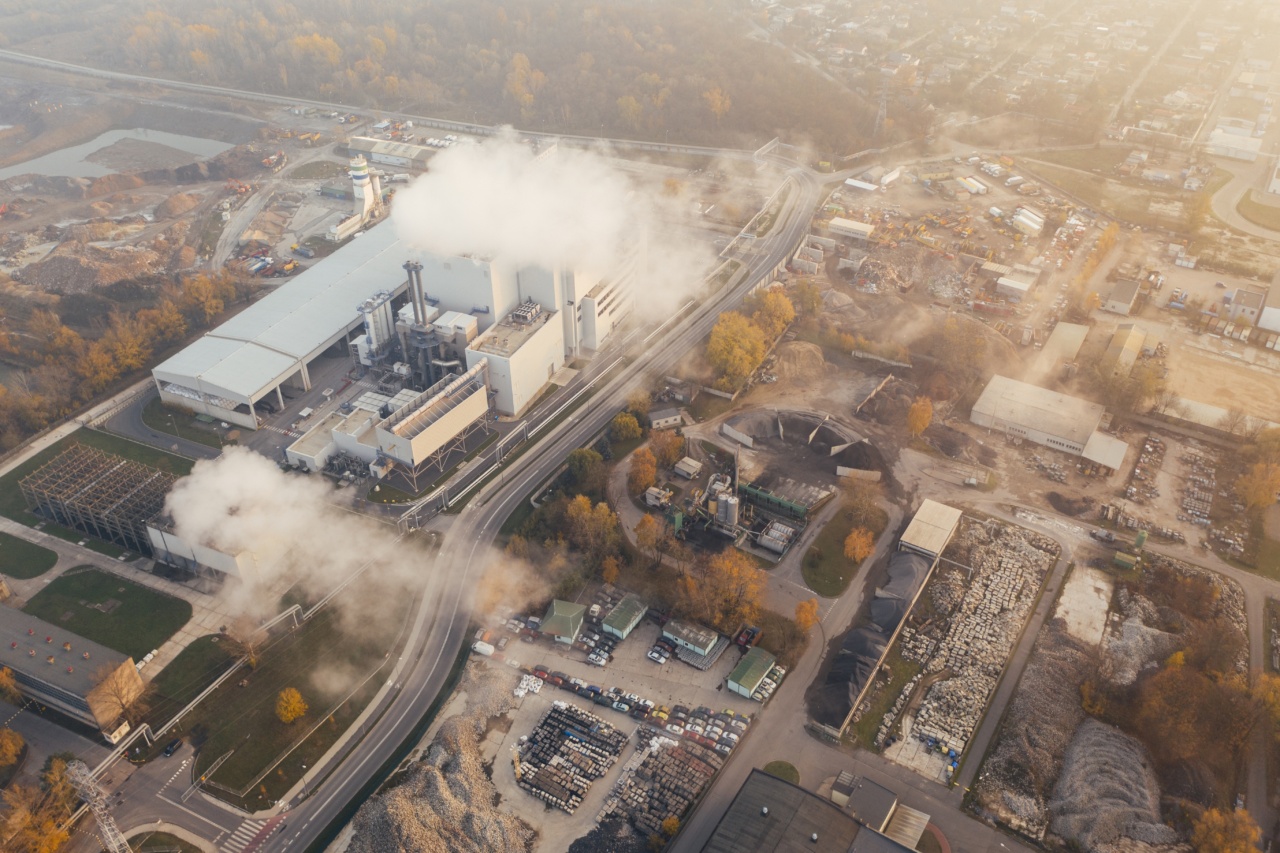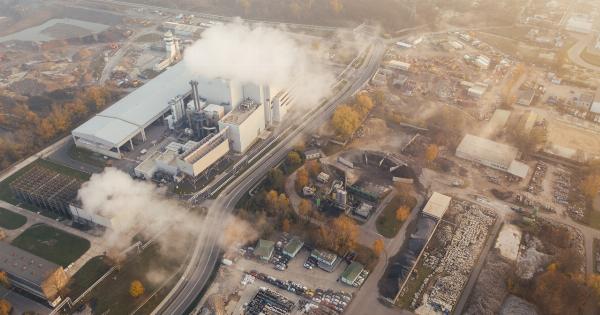A new study published in the European Heart Journal has found that air pollution was responsible for around 400,000 premature deaths across Europe in 2016. This is a stark reminder of the urgent need to tackle air pollution in all its forms.
The Impact of Air Pollution on Health
Air pollution has long been linked to respiratory and heart disease in both adults and children. The pollutants in the air can damage the lungs, leading to asthma, bronchitis, and other respiratory conditions.
They can also increase the risk of heart disease, stroke, and cancer.
The World Health Organization (WHO) estimates that around 7 million people worldwide die prematurely as a result of air pollution each year. This makes it one of the leading causes of premature death, ahead of smoking, poor diet, and lack of exercise.
The Study
The new study, led by researchers from the Max Planck Institute for Chemistry, used data from the European Environment Agency to model the levels of fine particulate matter found in the air around the continent.
Fine particulate matter, also known as PM2.5, has a diameter of less than 2.5 micrometers and is particularly harmful to human health. It is made up of tiny particles, such as dust, soot, and other pollutants.
The study found that around 51,000 premature deaths in Europe were due to nitrogen dioxide, which is mainly produced by diesel engines. The majority of the deaths, around 385,000, were caused by PM2.5.
This shows that reducing the levels of PM2.5 in the air should be a priority for policymakers across the continent.
Reducing Air Pollution
There are many ways in which air pollution can be reduced. One of the most effective methods is to reduce the use of fossil fuels, such as coal, oil, and gas.
These fuels are responsible for a large proportion of the pollutants in the air, including PM2.5 and nitrogen dioxide.
Other measures that can be taken include promoting public transport, walking, and cycling, rather than driving; raising awareness of the dangers of air pollution and encouraging people to take action to reduce their own exposure; and investing in renewable energy sources, such as wind, solar, and hydro power.
The Role of Governments
Despite the known dangers of air pollution, many governments around the world have been slow to take action.
This is partly due to the influence of powerful industries, such as the fossil fuel and automobile industries, which have lobbied against stricter regulations.
However, there is growing public and political pressure to act on air pollution. In 2019, the UK became the first major economy to legislate for net-zero greenhouse gas emissions by 2050.
The European Union has also set ambitious targets for reducing greenhouse gas emissions, which should have benefits for air quality.
With the publication of this new study, it is hoped that governments around the world will take further action to reduce air pollution. This is needed not only to protect public health, but also to tackle the global climate crisis.
The Importance of Individual Action
While governments have a crucial role to play in reducing air pollution, individuals can also take action to protect their health and the health of those around them. This may include:.
- avoiding busy roads and areas with high levels of pollution, where possible
- using public transport, walking, or cycling rather than driving
- using a face mask when pollution levels are high
- using energy-efficient appliances and reducing energy consumption, to reduce the amount of greenhouse gases being produced
Conclusion
The findings of this new study are shocking, but they should serve as a call to action for governments, industries, and individuals around the world.
We must take urgent and decisive action to reduce air pollution and protect public health, while also tackling the global climate crisis. By working together, we can create a cleaner, healthier, and more sustainable world for ourselves and future generations.


























